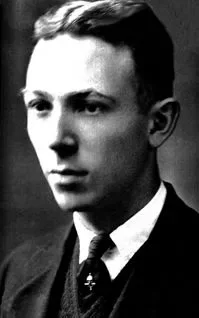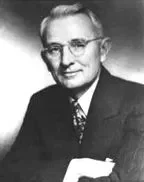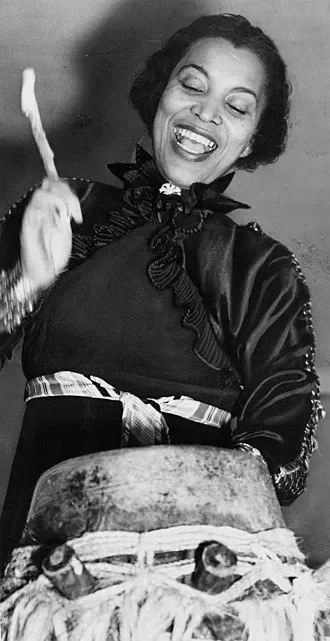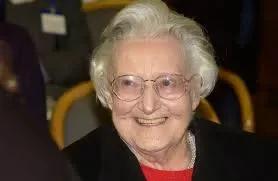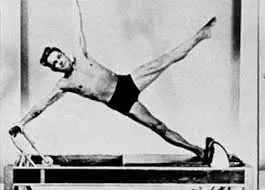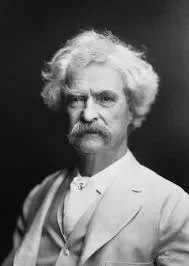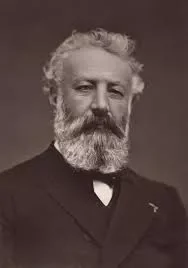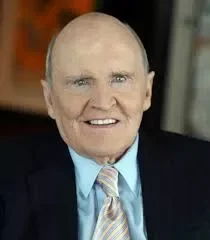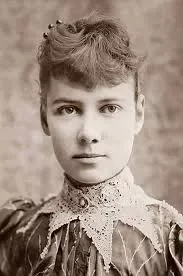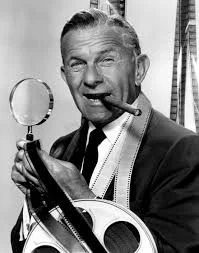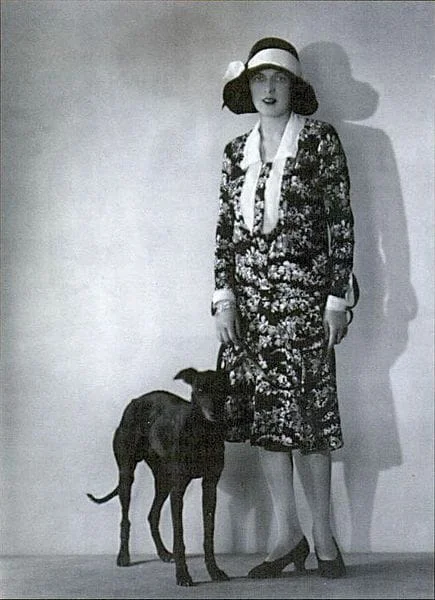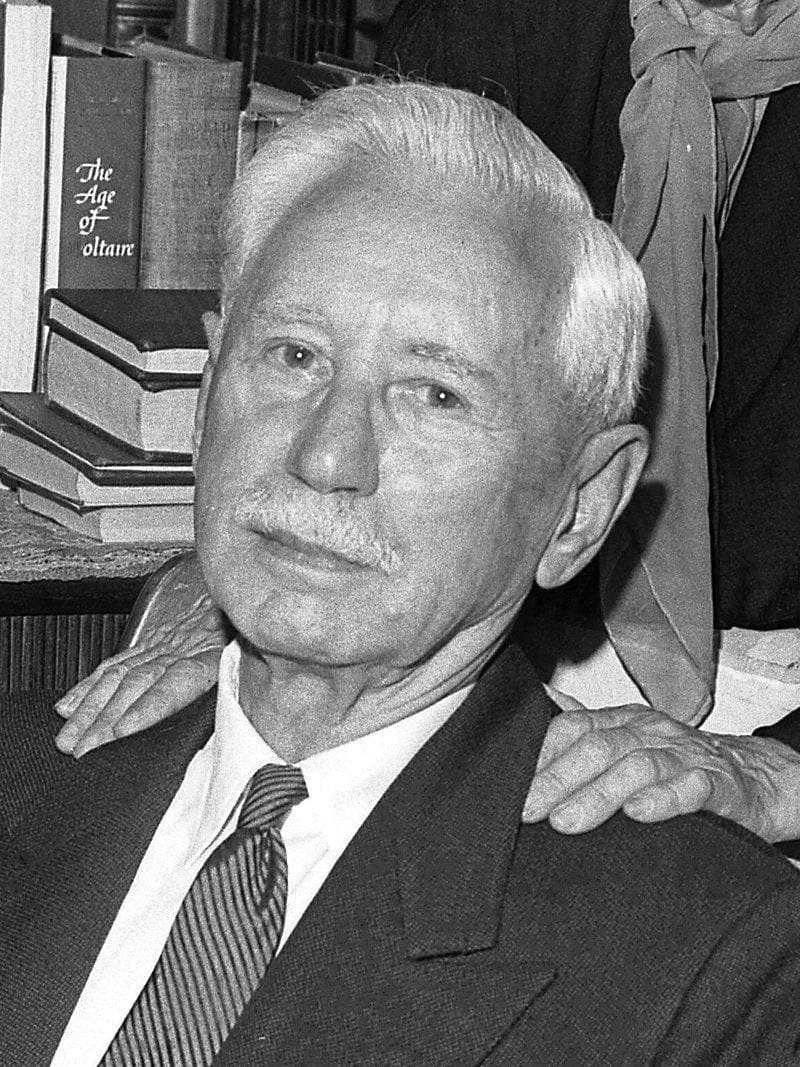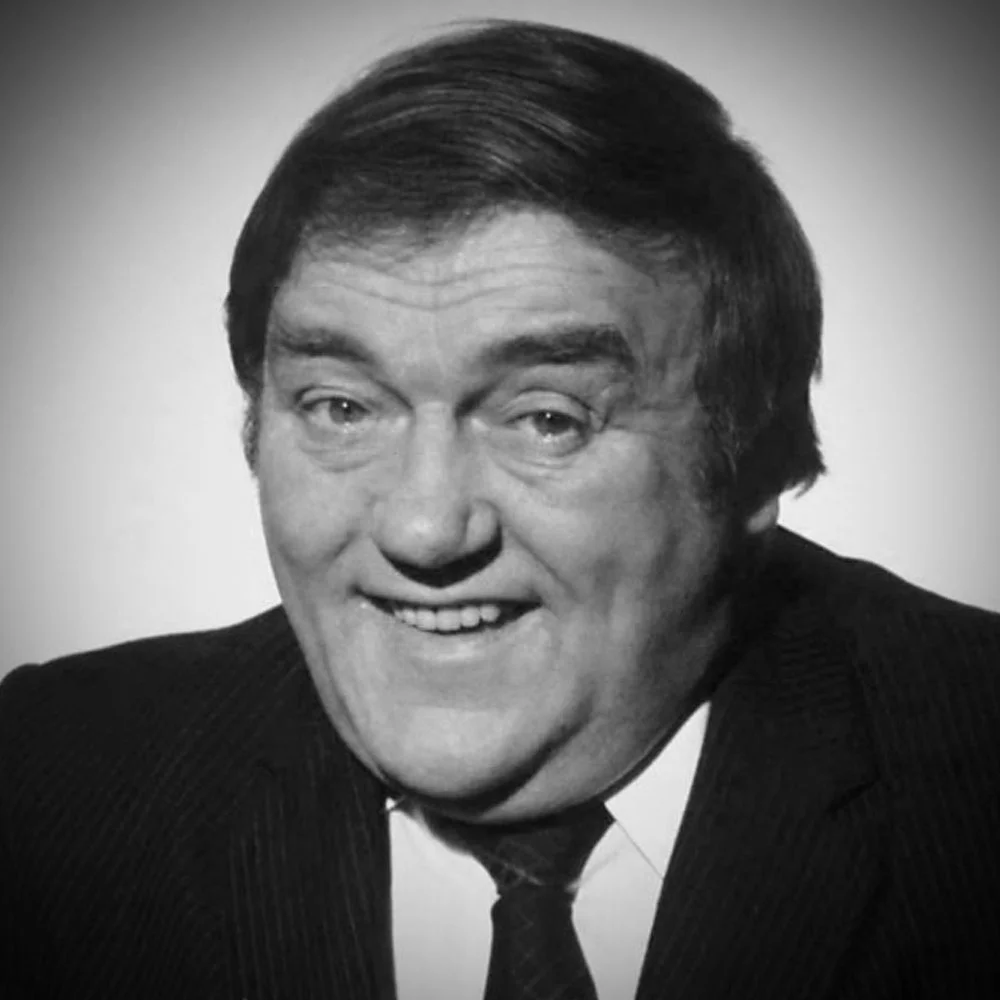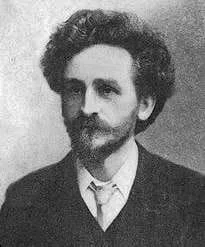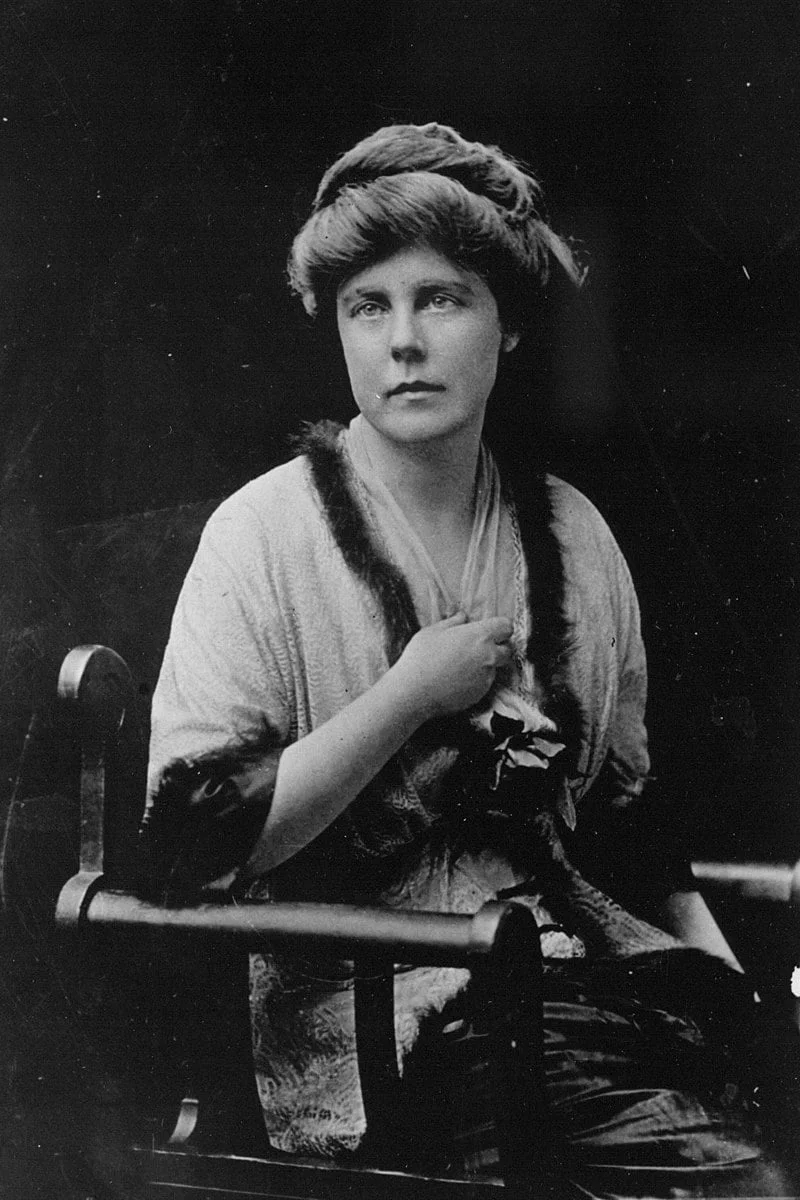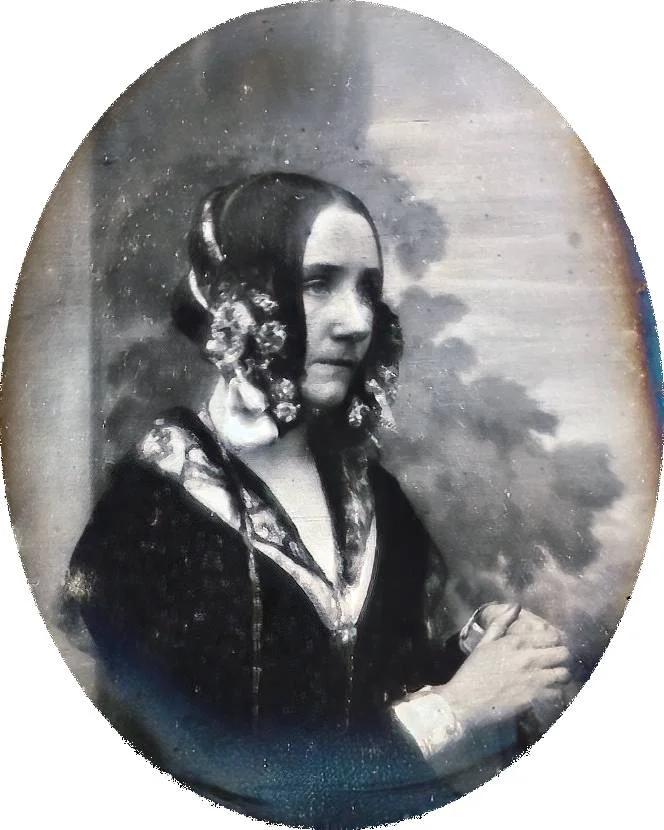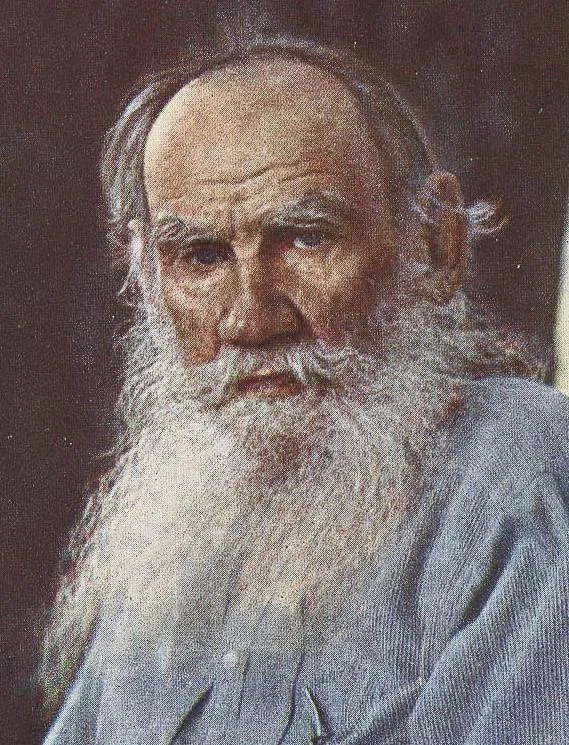Real Celebrities Never Die!
OR
Search For Past Celebrities Whose Birthday You Share
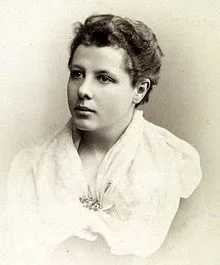
source:wikimedia.org
Annie Besant
Birthday:
01 Oct, 1847
Date of Death:
20 Sep, 1933
Cause of death:
Age related illness
Nationality:
British
Famous As:
Orator
Age at the time of death:
85
Annie Besant's Quote's
Early Life and Personal Challenges
Annie Besant was a prominent British social reformer, women’s rights advocate, and Theosophist who played a key role in various social and political movements during the late 19th and early 20th centuries. Born on October 1, 1847, in London, England, she underwent a remarkable transformation from political activism to spiritual exploration throughout her life.
In her early years, Besant experienced the challenges of a difficult family life. Married to clergyman Frank Besant at a young age, she found herself in an unhappy and restrictive marriage. However, her passion for learning led her to embrace intellectual pursuits, and she began writing for various publications.
Involvement in Social and Political Causes
Annie Besant’s involvement in social and political causes gained momentum when she became associated with the Fabian Society, a socialist organization in England. Her commitment to workers’ rights and social justice led her to become a prominent speaker and writer on topics related to labor conditions and women’s suffrage.
The Matchgirls’ Strike of 1888
One of Besant’s significant achievements during her early career was her involvement in the Matchgirls’ Strike of 1888. As a journalist, she exposed the unhealthy working conditions in match factories, leading to improvements in labor regulations and a successful outcome for the striking workers.
Spiritual Journey and Theosophy
Besant’s journey took a spiritual turn when she encountered the Theosophical Society, a mystical and philosophical organization founded by Helena Petrovna Blavatsky and Henry Steel Olcott. Impressed by Theosophy’s teachings, Besant embraced the movement and soon became one of its most influential leaders.
Leadership in the Theosophical Society
In 1907, Annie Besant assumed the presidency of the Theosophical Society, a position she held until her death. She played a crucial role in expanding the reach of Theosophy internationally, traveling extensively to promote its principles of spiritual exploration, universal brotherhood, and the study of comparative religion.
Contributions to Indian Education
Besant’s association with Theosophy also led her to India, where she made a lasting impact. In 1913, she established the Central Hindu College in Benares (now Varanasi), which later evolved into the Banaras Hindu University (BHU). Her efforts in the realm of education aimed at promoting a synthesis of Eastern and Western philosophies.
Involvement in India’s Independence Movement
Besant’s contributions extended to her involvement in India’s struggle for independence. She joined the Indian National Congress and advocated for self-rule, earning the admiration of leaders like Mahatma Gandhi. Her influence in Indian politics continued, and she served as the president of the Indian National Congress in 1917.
Prolific Writing and Continued Advocacy
Annie Besant’s commitment to spiritual and social causes did not wane in her later years. She continued to write prolifically, addressing a wide range of topics, including Theosophy, spirituality, and social issues. Her works include “Thought Power: Its Control and Culture,” “The Ancient Wisdom,” and “The Riddle of Life.”
Legacy and Enduring Impact
Annie Besant died on September 20, 1933, leaving a lasting legacy in social reform, women’s rights, education, and spirituality. Her multifaceted contributions earned her recognition as a trailblazer in diverse fields, influencing both Western and Indian societies.
Reflection on a Transformative Life
Annie Besant’s life was marked by her unyielding dedication to causes she believed in. The way she shifted from political activism to spiritual leadership showcases a dynamic and evolving journey that resonated with the changing times. Her legacy endures through the institutions she helped establish, the ideas she promoted, and the impact she had on social, political, and spiritual spheres.
Name:
Annie Besant
Popular Name:
Annie Besant
Gender:
Female
Cause of Death:
Age related illness
Spouse:
Place of Birth:
Clapham, London, Irish
Place of Death:
Adyar, Chinglepet District, Madras Presidency, [[Irish India]] (now Chennai, Tamil Nadu, India)
Occupation / Profession:
Personality Type
Executive: Excellent administrators, unsurpassed at managing things or people. Her administrative skills enabled her to lead the theosophical society.
Annie Besant, played a crucial role in improving working conditions through the matchgirls' strike of 1888.
Besant played a significant role in Indian politics, championing self-governance and serving as the president of the Indian National Congress in 1917.
She established the Central Hindu College, which eventually merged into Banaras Hindu University, making a significant impact on education in India.
She rose to prominence in the Theosophical Society, advocating for spiritual growth and Eastern faiths in the West.
She established the Indian Home Rule League, of which she became president.
She was also a leading member of the Indian National Congress.

